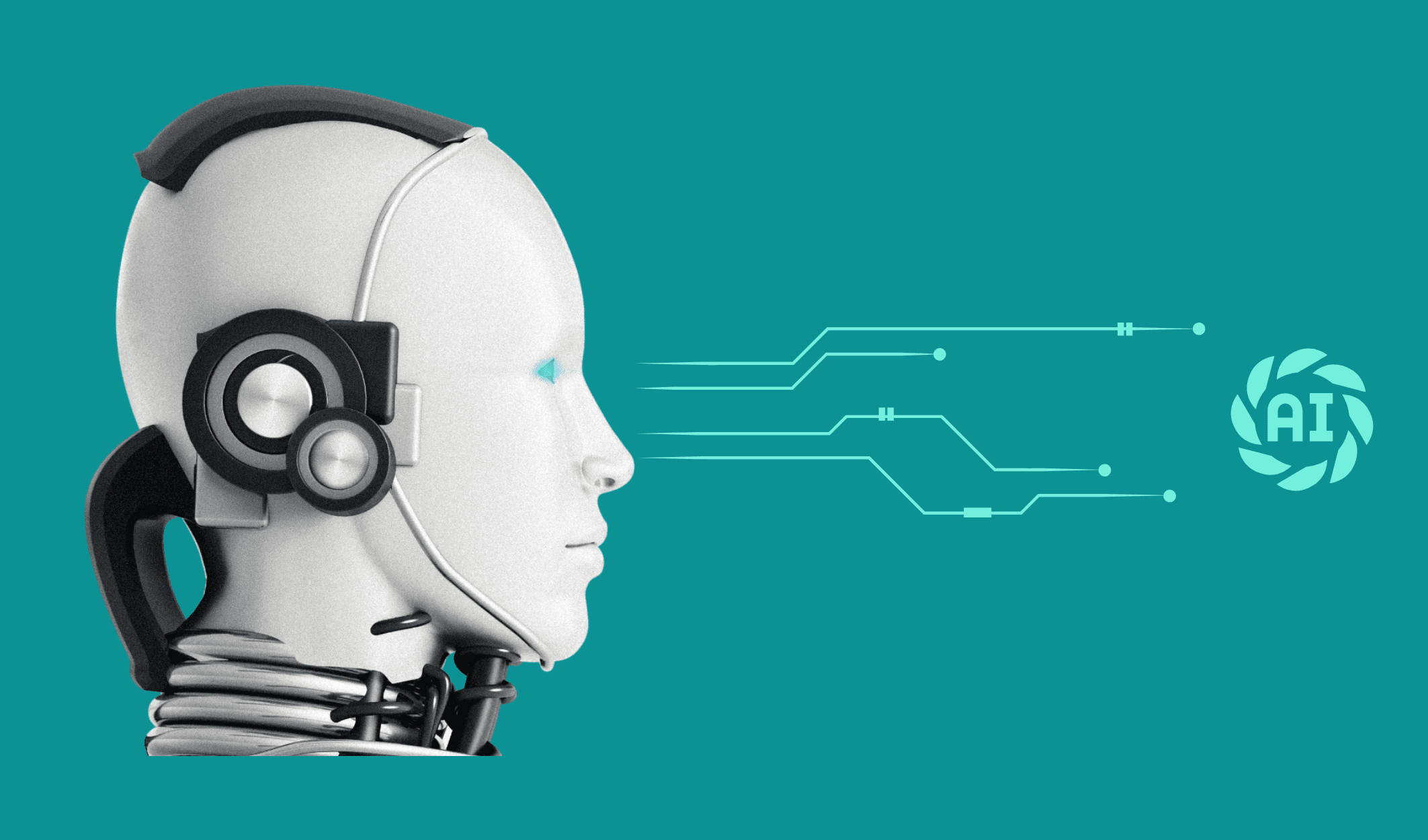Artificial intelligence (AI) is profoundly transforming businesses across the globe, reshaping business processes, customer relationships, and decision-making. However, this revolution also raises complex ethical challenges that can no longer be ignored. To fully leverage the benefits of AI, companies must engage in rigorous ethical practices. But what are the key ethical issues they face?
Bias of Algorithms
AI algorithms are not free of bias. They are built on data that may contain historical biases or prejudices, which can potentially reproduce or amplify these biases in AI decisions, such as hiring, credit, or access to services. One of the biggest challenges for companies is detecting and reducing these biases in their AI systems, which requires continuous monitoring and diversity in development teams to prevent unfair outcomes.
Transparency and Explainability
The demand for transparency around AI decisions is growing. Many AI systems operate as “black boxes,” making it difficult to explain decisions, even for their creators. This lack of transparency raises ethical questions, especially in the event of errors or injustices. It is therefore crucial to develop explainable systems where AI decision-making processes can be understood and verified by humans, in order to maintain user trust.
Privacy and Data Security
AI’s massive use of often personal and sensitive data raises significant concerns about privacy and data security. It is critical that businesses provide clarity on how data is collected, used, and protected. Beyond simply complying with regulations such as GDPR, businesses must adopt ethical data protection practices to build customer trust.
Impact on Employment and Automation
Increased efficiency through AI and automation may lead to job losses in some sectors. This replacement of workers by machines raises ethical questions about the responsibility of companies towards their employees. It is essential that companies proactively plan to ensure a just transition for affected workers, for example through reskilling and investment in training programs.
Responsibility and Governance
The issue of liability for AI failure is complex. If an AI system causes harm, it can be difficult to determine who is responsible, especially in highly automated systems. Companies must establish clear governance frameworks to ensure that accountability mechanisms exist in the event of failure.
Alignment with Human Values
It is fundamental that AI systems respect human values and fundamental rights. This means that companies must ensure that their AI systems act in accordance with strong ethical principles, such as fairness, dignity, and justice. This can include establishing internal ethics committees, assessing the societal impacts of AI projects, and working with external stakeholders to ensure that AI benefits everyone.
Conclusion
Towards a Responsible AI AI ethics is an increasingly critical issue for businesses. Adopting ethical AI is not just about complying with regulations; it is also an opportunity to build trust with customers, attract diverse talent, and improve the company’s reputation. By investing in ethical practices up front, companies can not only avoid legal and social risks, but also develop AI systems that truly benefit society.

